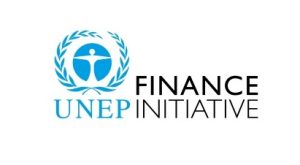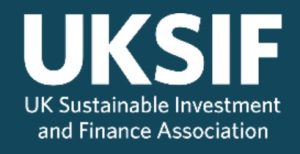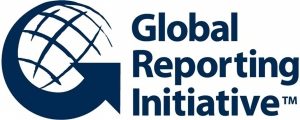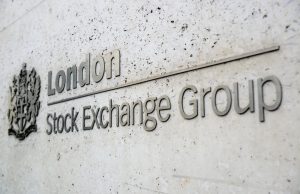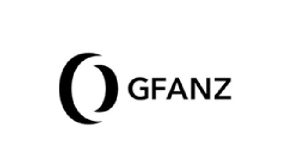Establish Scope 4 Database
Global asset management companies Mirova and Robeco are collaborating with multiple financial institutions to establish a Scope 4 database to measure the carbon reduction performance of investment targets and improve the standardization of information disclosure.
It is expected that the investment required for the net zero plan will be between $109 to $275 trillion until 2050, with a significant portion going towards climate solutions such as renewable energy generation, electrified transportation, and green buildings. In addition to reducing carbon emissions from production and business activities, these alternative technologies will also avoid potential carbon emissions.
What is Scope 4
Scope 4 was proposed by the World Resources Institute (WRI) in 2013, and its official name is carbon avoidance. Scope 4 refers to the greenhouse gas emissions that can be avoided due to the use of new goods and services.
Unlike Scope 1, 2, and 3, Scope 4 has a relatively smaller application range, mainly because it is difficult to directly measure. The size of Scope 4 depends on the own calculation methods by companies, and in the absence of globally consistent standards, companies may tend to exaggerate their contribution.

Plan of Asset Management Companies
Given the important role of the financial industry in global net zero, asset management companies plan to establish a Scope 4 database to provide a standardized measurement standard and guidance for investment. The preliminary database will include some of the most important industries related to carbon emissions, such as:
- Power generation, distribution, and storage;
- Construction and real estate;
- Transportation;
- Mining, metal refining;
- Waste management and recycling;
- Agriculture and forestry;
- Clothing and textiles;
For each industry, the database will include specific technologies and activities to avoid emissions, and produce relevant data. These data can be used by enterprises, financial institutions, and data providers.
The asset management company believes that the establishment method of the database will include:
- Life cycle analysis: Calculate carbon emission avoidance coefficient based on the life cycle;
- Geographical differences: avoidance factors used for calculations based on geographical location;
- Time value of carbon: Using a discount rate to consider the time value of carbon emissions, for example, current emissions have a greater negative impact than future emissions;
- Precautionary principle: In multiple scenarios, choose the scenario that is most unfavorable for carbon reduction;
Scope 4 Database for the Financial Industry
The asset management company has also designed a Scope 4 database suitable for the financial industry, so that financial institutions can analyze companies with better performance in Scope 4 and provide them with funding. These data include:
- Carbon emissions of Scope 1, 2, and 3;
- Carbon emissions reported by third-party audit firms;
- Carbon emissions disclosed by the company;
- Estimate the undisclosed carbon emissions of the company based on a bottom-up approach;
- Carbon emissions avoided by the company using Scope 4 database;
The asset management companies plan to include 1500 companies worldwide in the database and continue to expand in the future. The Scope 4 database can also be used in conjunction with the Implied Temperature Rise method to assist businesses and investment portfolios.
The financial industry plays an important role in driving the net zero process, and the Scope 4 database can obtain clear and comprehensive net zero information, promoting market transparency.
Mirova
The net zero transition is a significant opportunity to invest in climate solutions and carbon reduction technologies. On a global scale, the current scale of climate financing is only one sixth of the expected. The Scope 4 database will provide forward-looking indicators to promote financing activities and promote financing strategies focused on climate change.
Rebeco
Reference:

